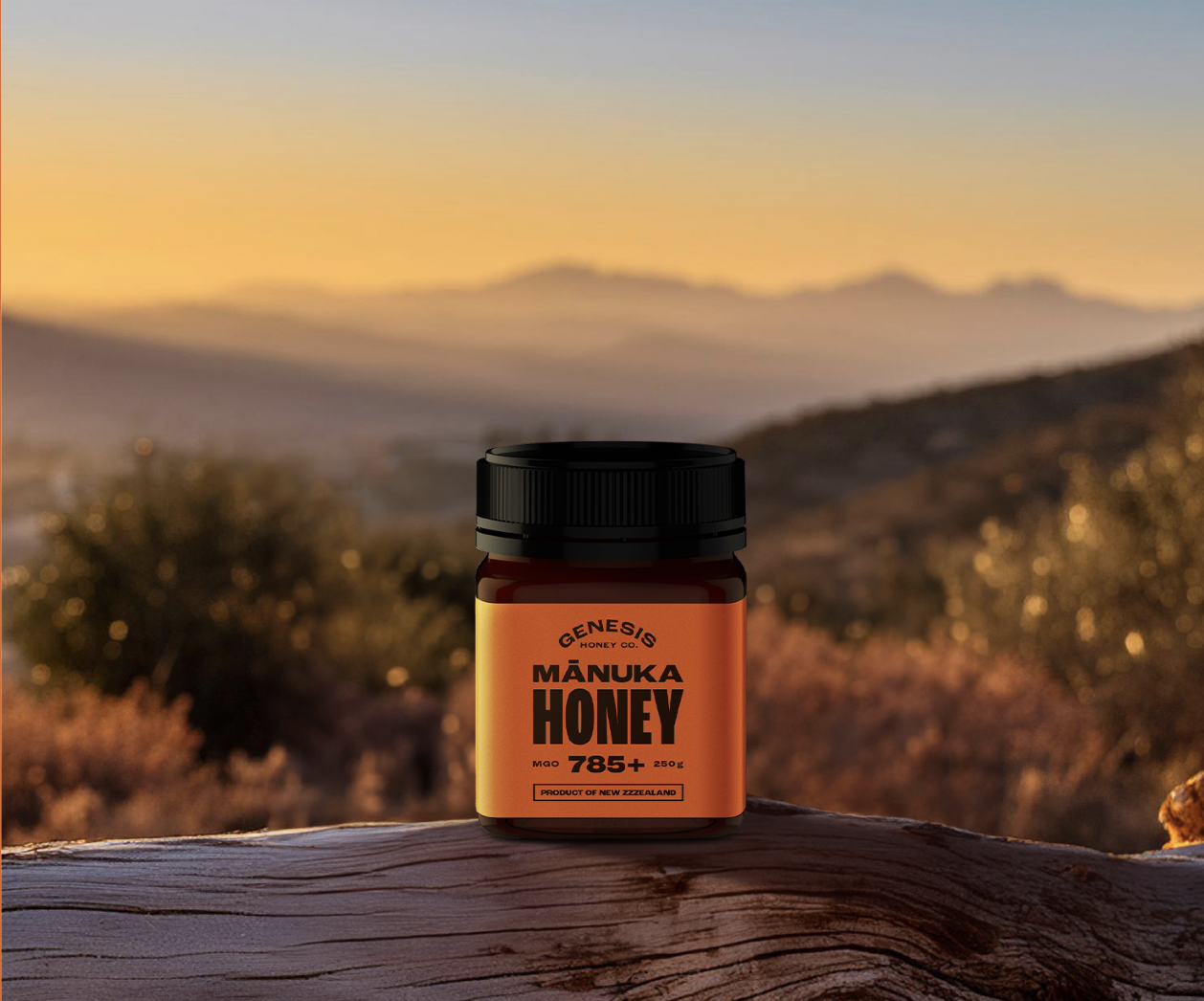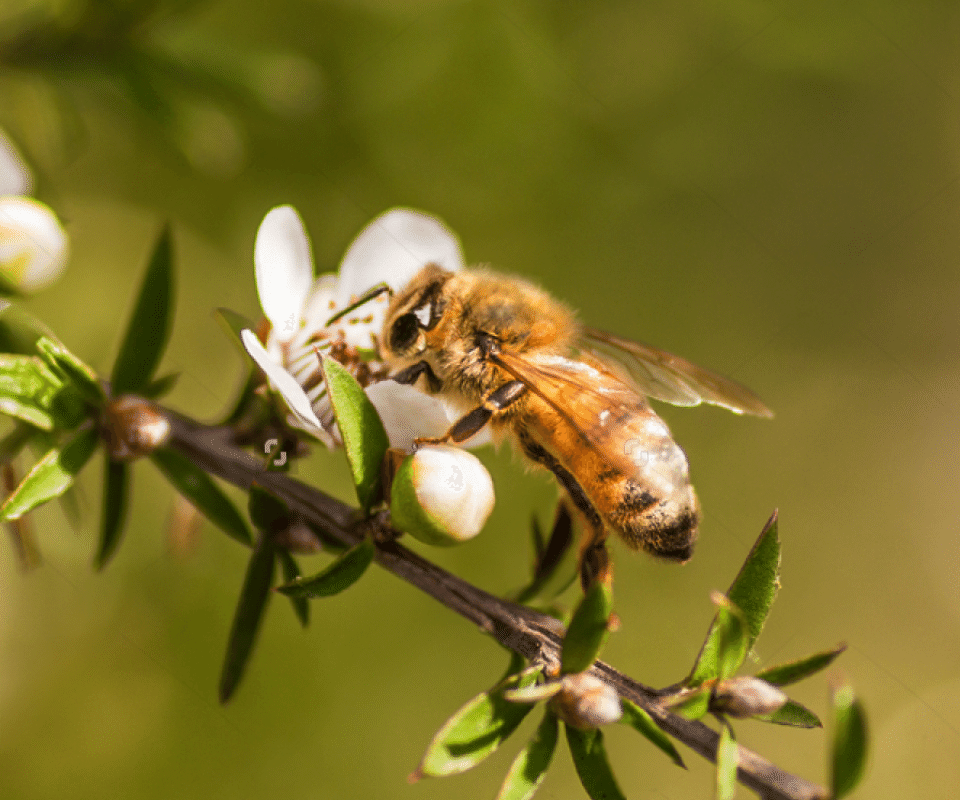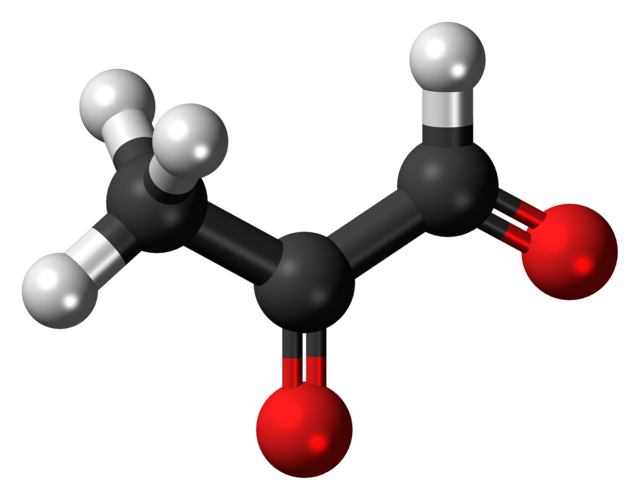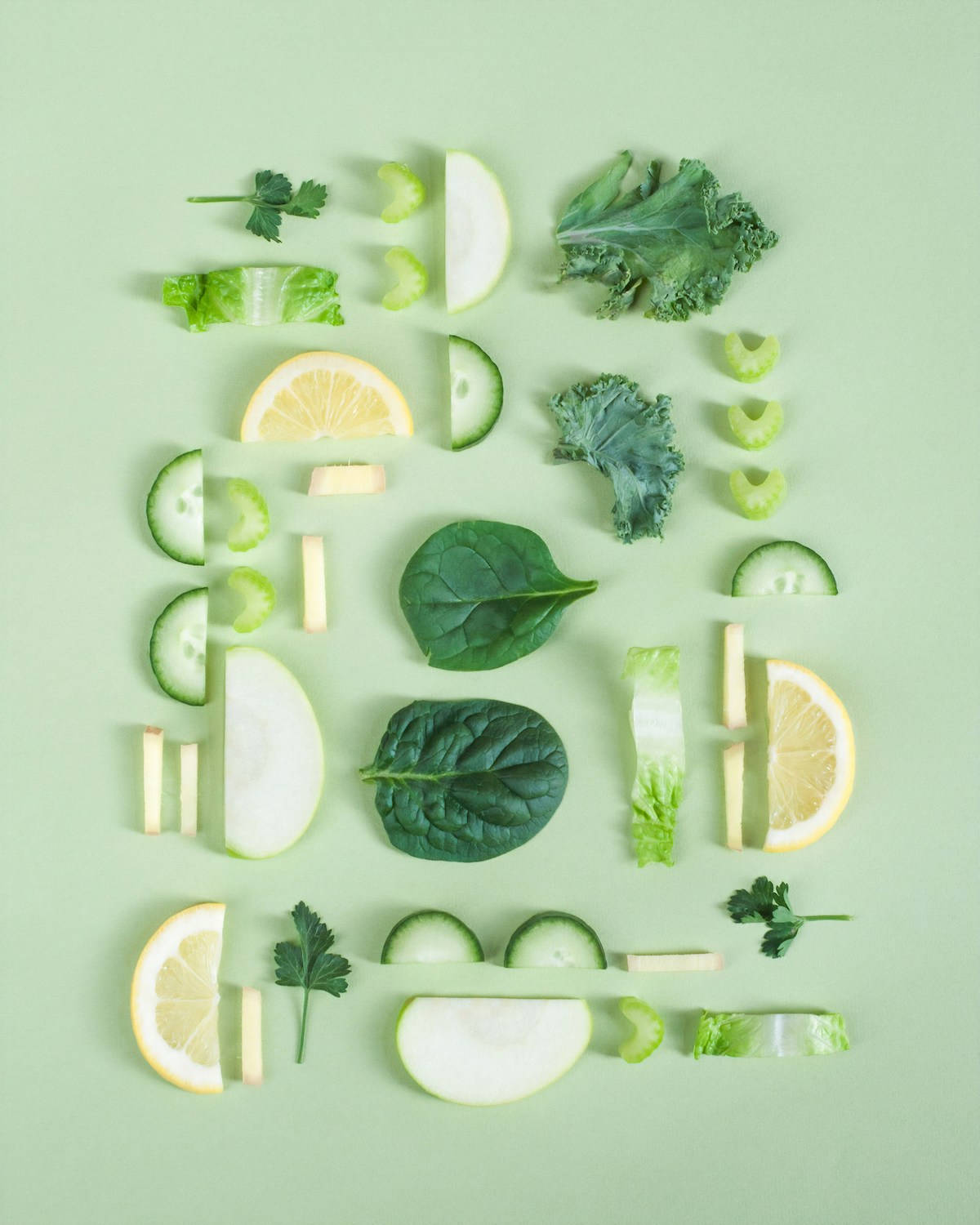
by genesis | Mar 15, 2025 | New Zealand Manuka Honey
Luxury Gifting with Mānuka Honey: Why High-Grade Honey is the Next Premium Gift Trend
Move over wine and chocolates – ultra-premium Mānuka honey is emerging as a coveted luxury gift for foodies and wellness enthusiasts alike. As gifting trends lean toward healthy, unique, and experiential items, a beautiful jar of 700+ MGO Genesis honey ticks all these boxes.
What Makes Mānuka Honey a Luxury Item
- Rarity: Limited harvest periods and special conditions make it comparable to fine wine vintages
- Exclusivity: High-grade Mānuka can cost more per ounce than champagne
- Elegant presentation: Premium packaging elevates the gifting experience
- Versatility: Appeals to health enthusiasts, gourmet cooks, and natural beauty lovers
Perfect Gifting Occasions
- Holidays: As a sophisticated stocking stuffer or centerpiece in gourmet baskets
- Corporate gifting: Stand out with thoughtful exclusivity when impressing clients
- Weddings: Small jars as upscale favors symbolizing sweetness and health
- Parent’s Day: An experience gift for those who have everything
- Wellness support: Show genuine care for someone’s health and recovery
Presenting Mānuka Honey as a Gift
- Pair with a luxury honey dipper or artisanal teas and cheeses
- Include information about its rare properties and benefits
- Add a personalized recipe card for culinary or wellness applications
Why Genesis Honey Co. Impresses
Our honey’s exceptional quality tells its own story – ethically sourced, high MGO content, and independently lab tested. Our attention to detail in delivering a premium product makes each jar gift-ready straight from our shelves.
Common Gift-Related Questions
Is honey a good gift?
Absolutely – especially rare Mānuka. It’s consumable (no clutter), symbolizes sweetness and health, and offers an experience beyond ordinary gifts.
What do you give a health-conscious person who has everything?
High-grade Mānuka honey is something they might appreciate but not splurge on for themselves.
How long does Mānuka honey last?
Indefinitely when properly stored, allowing recipients to enjoy at their leisure.
Gift Set Ideas
- Wellness Collection: 700+ MGO honey, handcrafted honey dipper, and benefits guide
- Spa Experience: Honey jar with organic face cloth and honey facial instructions
- Gourmet Pairing: Premium honey with artisanal tea and serving accessories
Give the gift of wellness and indulgence in one golden jar. Visit our website’s gift section for inspiration or contact us about corporate gifting options.

by genesis | Mar 15, 2025 | New Zealand Manuka Honey
At Genesis Honey Co., producing ultra-premium Mānuka honey isn’t just about the honey – it’s about the bees, biodiversity, and local communities. In an era where bee populations face serious threats from colony collapse disorder and environmental challenges, our ethical practices aren’t just good business – they’re essential for the future.
What is Ethical Beekeeping?
Ethical beekeeping means prioritizing bee welfare above all else. We never over-harvest honey, ensuring our bees always have sufficient reserves for themselves. Our hives remain free from harmful chemical pesticides, and we implement proper hive management techniques that respect the natural cycles of bee colonies. Unlike some operations that destroy hives before winter to save feeding costs, we nurture our colonies year-round.
Sustainability in Harvesting
Our Mānuka honey is harvested during the short bloom season with sustainability at the forefront. We carefully extract only excess honey, leaving sufficient amounts for the colony’s survival.
We work closely with landowners in Australia and New Zealand to preserve native flora, particularly focusing on protecting Mānuka trees in their natural habitat. Our hives are strategically placed in pristine, remote areas ensuring our bees have access to the cleanest possible environment, free from industrial pollution and agricultural chemicals.
Hive-to-Table Transparency
Our supply chain maintains integrity from start to finish. Each jar of Genesis Mānuka honey can be traced back to its specific harvesting region and batch. From the initial collection by our dedicated beekeeper partners to our minimal processing methods (cold extraction to preserve natural enzymes), we maintain transparency at every step.
This commitment to traceability not only ensures exceptional quality but creates a meaningful connection between you and your honey’s origin – fostering trust in an industry where authenticity matters immensely.
Supporting Bee Populations
We actively support pollinator programs and research initiatives aimed at understanding and combating the threats facing bee populations globally. We address hive health challenges through natural methods rather than antibiotics, carefully managing against threats like varroa mites through vigilant monitoring and organic interventions.
By purchasing Genesis honey, you’re directly contributing to bee conservation. The economic value placed on honey production creates powerful incentives to preserve bee habitats rather than convert land to other purposes – creating a win-win for bees and humans alike.
Community & Fair Trade
We partner with local beekeepers and indigenous landowners, sharing profits fairly and ensuring rural communities benefit from our operations. In New Zealand, we work with Māori land trusts, while our Australian operations engage with local farmers and traditional landowners to promote sustainable land management practices.
By paying fair prices to our beekeeping partners, we support rural livelihoods and incentivize continued dedication to ethical practices.
Packaging & Carbon Footprint
Our commitment to sustainability extends to our packaging choices. Our premium Mānuka honey comes in recyclable glass jars, and we use biodegradable materials for shipping protection. We’re continuously exploring innovations in sustainable packaging as we grow.
We’re actively working toward carbon-neutral operations through careful consideration of our transportation networks and investigating carbon offset programs for shipping emissions.
Common Questions About Ethical Honey Production
Are bees harmed in making honey?
Proper beekeeping doesn’t harm bees – they naturally produce excess honey. At Genesis, we ensure our bees remain healthy through respectful harvesting practices, never clipping queen wings, and maintaining natural colony dynamics.
Is Mānuka honey sustainable?
When done correctly, absolutely. The Mānuka bush grows naturally in the wild or can be farmed sustainably. The key is avoiding over-harvesting and habitat destruction – principles at the core of our sourcing strategy.
Does honey production hurt the environment?
Compared to refined sugar, honey has a significantly gentler environmental footprint and actually encourages the maintenance of green spaces for bee forage. While there is some environmental impact from transportation, we work to minimize this through efficient logistics.
What is hive-to-table?
Similar to the farm-to-table concept, our hive-to-table approach ensures complete traceability from individual hives to your jar. This guarantees freshness, authenticity, and eliminates concerns about dilution or adulteration that can occur with multiple handling stages.
Genesis Honey Co. Initiatives
We’re proud of our “Bee Guardian” program, where we train new beekeepers in organic methods and sustainable practices. We also donate 3% of our profits to bee conservation funds focusing on research and habitat preservation.
Looking forward, we’re working toward B-Corp certification and expanding our partnerships with environmental organizations dedicated to protecting pollinators worldwide.
A Sweeter Choice for the Planet
When you enjoy Genesis Mānuka honey, you’re not just treating yourself – you’re supporting a cycle of sustainability that helps keep bees thriving and nature in balance. We believe this commitment to ethical practices makes our honey taste even sweeter.
Want to learn more about our beekeeping stories? Sign up for our newsletter or follow us on social media where we regularly showcase our hives and the amazing beekeepers who tend them. Check our “About Us” page for more details on our sustainability journey.

by genesis | Mar 15, 2025 | New Zealand Manuka Honey
Mānuka honey is prized worldwide for its powerful health benefits—but it’s also among the most fraudulently labeled foods globally. New Zealand produces around 1,700 tons of genuine Mānuka honey each year, yet nearly 10,000 tons are sold worldwide, highlighting a significant issue with counterfeit products. To ensure you’re buying authentic Mānuka honey, here are five key ways to verify its quality.
1. Check Certification Labels
Authentic Mānuka honey from New Zealand typically features the NZ Fernmark along with traceability , certification for MGO (methylglyoxal), DHA, and leptosperin, key markers of genuine Mānuka honey. Australian Mānuka should ideally have certification from the Australian Mānuka Honey Association (AMHA). These labels provide strong assurance of authenticity.
2. Verify the Source and Company
Always purchase from reputable brands known for quality, such as Genesis Honey Co. Authentic Mānuka honey originates exclusively from New Zealand or Australia. Be wary of jars labeled ambiguously or stating merely “packed in” without clearly indicating their source. Trusted brands typically provide batch traceability, allowing consumers to verify the exact origin of their honey.
3. Price and Packaging Cues
High-grade Mānuka honey is costly to produce, test, and certify. If you find UMF 20+ honey priced suspiciously low, it’s likely counterfeit. Authentic high-quality Mānuka usually comes in sturdy packaging clearly labeled with UMF or MGO ratings and certification license numbers. The absence of clear grading or unusually vague labeling (such as “Active 15+” without further details) is often a sign of counterfeit or diluted honey.
4. Texture and Taste Test
Authentic Mānuka honey typically exhibits a thick, creamy texture—not runny. Over time, it may naturally crystallize slightly but remains smooth. Real Mānuka honey has a distinctive aromatic flavor profile with herbal undertones and a slightly medicinal or mineral aftertaste. If the honey tastes overly sweet without complexity, it may be adulterated or blended.
5. Lab Test Results or Quality Reports
Reputable producers can provide a Certificate of Analysis (COA) upon request, detailing lab-verified levels of methylglyoxal (MGO) and other essential compounds. Some quality brands include batch-specific QR codes on their labels, linking directly to these lab results. Lack of transparency or refusal to provide such documentation is a significant red flag.
Bonus Tip: Mono- vs Multifloral Mānuka
Check the label carefully. “Monofloral Mānuka” indicates honey primarily sourced from Mānuka flowers, thus offering higher potency. “Multifloral” or unlabeled honeys typically contain lower Mānuka activity and may be less expensive—still real but less potent.
Frequently Asked Questions
How can you tell if Mānuka honey is real?
Look for UMF or MGO certifications, verify the company and origin, consider the price, and evaluate the taste and texture.
Is it true more Mānuka is sold than produced?
Yes, significantly more Mānuka honey is sold globally than produced, leading to counterfeit products.
What is fake honey made of?
Counterfeit honey often contains cheaper syrups (such as rice or corn syrup), or low-grade floral honey mislabeled as Mānuka, sometimes with synthetic methylglyoxal added.
Does real Mānuka honey have unique reactions?
While some suggest “throat tingling” as a test, this isn’t scientifically reliable. Certification and lab testing are far more accurate.
Why Trust Genesis Honey Co.?
At Genesis Honey Co., authenticity is our top priority. We source directly from trusted beekeepers, independently lab-test every batch for purity and MGO content, and guarantee transparency. Our ethical practices ensure you receive genuine, undiluted, premium-grade Mānuka honey.
Conclusion
Knowing how to identify authentic Mānuka honey helps protect your investment and ensures you receive its renowned health benefits. By using these practical tips—and choosing reliable brands like Genesis Honey Co.—you can confidently enjoy pure, genuine Mānuka honey.
Browse our range of lab-tested, high-grade Mānuka honey today!

by genesis | Mar 15, 2025 | New Zealand Manuka Honey
UMF, MGO, KFactor, and More: Decoding Mānuka Honey Grading Systems
Introduction
When shopping for premium Mānuka honey, you might find yourself puzzled by labels: one jar says “UMF 20+,” another says “MGO 829+”, and yet another shows “KFactor 16.” What do these terms mean, and how can you be sure you’re choosing the right honey? In this guide, we simplify the various Mānuka honey grading systems so you can shop confidently.
UMF (Unique Mānuka Factor): The Gold Standard
Developed in New Zealand, UMF is a comprehensive quality grading system created by the Unique Mānuka Factor Honey Association (UMFHA). It measures three signature compounds:
- MGO (Methylglyoxal): The primary antibacterial component.
- DHA (Dihydroxyacetone): A precursor to MGO.
- Leptosperin: A chemical marker proving genuine Mānuka honey.
The UMF rating typically ranges from 5+ to 25+, with higher numbers indicating greater antibacterial potency:
- UMF 5+ (MGO 83): Entry-level, good for general daily use.
- UMF 10+ (MGO 263): Suitable for moderate health benefits.
- UMF 15+ (MGO 514): Great for therapeutic uses.
- UMF 20+ (MGO 829): Premium grade, exceptional antibacterial properties.
Only licensed producers from New Zealand can legally use the UMF logo.
MGO Rating: Simple and Direct
The MGO rating measures the precise concentration of methylglyoxal—the main antibacterial compound—in milligrams per kilogram (mg/kg). Typical MGO ratings include:
- MGO 100+ (everyday use)
- MGO 400+ (high antibacterial strength)
- MGO 700+ (very potent, like Genesis Honey Co.’s premium range)
Pros:
- Easy to understand.
- Direct correlation to antibacterial activity.
Cons:
- Doesn’t measure authenticity markers like leptosperin.
- Potential risk of synthetic MGO adulteration in unregulated products.
KFactor: A Measure of Purity, Not Potency
Introduced by Wedderspoon (a popular Canadian brand), the KFactor grading system measures purity by counting pollen and ensuring monofloral sourcing from Mānuka flowers. Typical ratings include KFactor 12, 16, or 22.
Pros:
- Guarantees honey is predominantly sourced from Mānuka flowers.
Cons:
- Doesn’t specifically indicate antibacterial potency.
- Less transparency regarding therapeutic benefits compared to UMF/MGO.
Other Grading Systems: MGS, Bioactive, and “Active” Ratings
- MGS (Mānuka Gold Standard): Similar to UMF, used by some producers primarily outside New Zealand, testing key active compounds.
- Bioactive or Active Ratings: Older labeling often indicating overall honey activity, which may include peroxide (less stable, less specific).
Always check labels carefully—“active” doesn’t necessarily mean high MGO or UMF.
Why Authenticity Matters
Due to the global popularity of Mānuka honey, fraudulent and diluted honeys flood the market. Authentic grading systems like UMF and certified MGO ratings ensure you’re getting genuine, pure, medicinal-quality honey.
Always look for:
- Official UMF or verified MGO ratings.
- Independent lab testing confirmation.
- Clear, traceable labeling from reputable brands.
Frequently Asked Questions
What’s the difference between UMF and MGO?
UMF measures several compounds including MGO, while MGO is specifically the concentration of methylglyoxal.
Is UMF 10+ the same as MGO 263+?
Approximately, yes. UMF 10+ equals roughly MGO 263 mg/kg.
What does UMF 20+ indicate?
It means the honey has very high antibacterial activity with at least 829 mg/kg of MGO.
Is UMF better than KFactor?
UMF provides clearer evidence of medicinal quality and antibacterial strength. KFactor focuses on purity but not potency.
How to Choose the Best Honey
- For Medicinal or Therapeutic Uses: Opt for UMF 15+ (MGO 514+) or higher.
- For Daily Wellness: UMF 5+ to UMF 10+ (MGO 83+ to 263+) works well.
- For Culinary Delight: Choose honey based on flavor rather than solely on high grading.
Always buy from reputable companies clearly stating testing credentials on their labels.
Why Genesis Honey Co.?
At Genesis Honey Co., we take grading seriously. Our 700+ MGO honey is independently lab-tested to ensure purity, potency, and authenticity. While our honey is Australian, our stringent testing aligns with international standards, delivering therapeutic-grade honey you can trust.
Conclusion
When choosing Mānuka honey, understanding the grading systems—UMF, MGO, KFactor, and beyond—is key. Now equipped with this knowledge, you can confidently select authentic, premium-quality honey. At Genesis Honey Co., transparency and quality come first, ensuring your investment in health is truly sweet.
Ready to experience genuine Mānuka honey? Explore Genesis Honey Co.’s range today!

by genesis | Mar 15, 2025 | New Zealand Manuka Honey
When browsing Mānuka honey jars, you’ve likely noticed labels like “550 MGO” or “700 MGO”—but what does MGO really mean? MGO stands for Methylglyoxal, the naturally occurring compound behind Mānuka honey’s renowned antibacterial properties. This guide demystifies MGO and explains why high levels, like Genesis Honey Co.’s 700+ MGO honey, signify potent health benefits.
Chemistry 101: Understanding MGO
Methylglyoxal is a naturally occurring compound found in various foods but uniquely abundant in Mānuka honey. It develops naturally from dihydroxyacetone (DHA), a compound found in the nectar of the Mānuka flower, maturing within the honey over time. Its discovery by Dr. Peter Molan revealed the mystery behind Mānuka’s exceptional antibacterial activity.
How MGO Powers Antibacterial Action
MGO combats harmful bacteria by interfering with their proteins and DNA, effectively neutralizing them. Unlike traditional honey, Mānuka honey maintains its potency due to MGO’s stability, providing lasting antimicrobial effects. Simply put, if regular honey’s antibacterial power is like a gentle beer, high-MGO Mānuka honey delivers the punch of a fine whiskey—potent and highly effective.
MGO, UMF, and Other Ratings Explained
While UMF (Unique Mānuka Factor) ratings include MGO along with other components like leptosperin and DHA, MGO specifically quantifies the honey’s antibacterial potency. Here’s a quick conversion reference:
- UMF 5 ≈ MGO 83
- UMF 10 ≈ MGO 263
- UMF 15 ≈ MGO 514
- UMF 20 ≈ MGO 829
These metrics help consumers easily gauge the strength and quality of Mānuka honey.
Is Higher MGO Always Better?
Generally, yes—higher MGO levels (like 700+) signify stronger medicinal properties, particularly useful in wound care or infection management. For daily wellness, moderate MGO levels around 250+ may suffice. Ultra-high MGO honeys like Genesis’s 700+ are designed for maximum therapeutic benefits, though they may exhibit a stronger, more medicinal flavor profile due to concentration.
Validating MGO Levels
Authenticity is critical. Trustworthy companies rigorously test each honey batch for accurate MGO content, ensuring consumer confidence. Beware of synthetic MGO additives used by unscrupulous sellers. Genuine, certified Mānuka honey provides natural, potent antibacterial effects.
Frequently Asked Questions
Is MGO the same as UMF?
Not exactly. MGO measures the specific antibacterial compound, whereas UMF provides a broader quality rating that includes MGO and additional markers.
What level of MGO is beneficial?
For everyday health, MGO 100+ is sufficient. For enhanced health support, aim for 250+. Therapeutic uses often call for 500+ or higher.
Does Mānuka honey with 100 MGO have benefits?
Yes, it offers mild antibacterial benefits above regular honey, suitable for daily wellness rather than targeted medicinal use.
Why not take pure Methylglyoxal directly?
Pure MGO alone would be harsh and potentially unsafe. Mānuka honey naturally delivers MGO alongside beneficial nutrients, making it safe and effective.
Why Choose Genesis Honey Co.?
Our 700+ MGO Mānuka honey is rigorously tested, often surpassing the minimum potency standard. We prioritize transparency, ensuring you receive the highest quality honey with proven health benefits.
Conclusion
“MGO is the magic in Mānuka.” When choosing high-MGO honey, you’re investing in an exceptional, naturally potent resource unique to genuine Mānuka honey. Always check the MGO number—especially ours—to experience the real difference.
Experience authentic, high-potency Mānuka honey—shop Genesis Honey Co. today!

by genesis | Mar 15, 2025 | Manuka Honey Recipes, Mānuka Honey Skin Health, New Zealand Manuka Honey
For centuries, indigenous communities in New Zealand and Australia have revered the thick, golden nectar harvested from the tea tree (Mānuka) bush for its extraordinary healing properties. Today, modern science has validated this ancient wisdom, placing Genesis Honey Co.’s 700+ MGO Mānuka honey at the forefront of natural medicine.
Historical and Traditional Uses
The Māori of New Zealand traditionally used the Mānuka plant extensively for medicinal purposes, harnessing its bark and leaves to treat wounds and infections. With the introduction of European honeybees, the therapeutic value of the honey itself was quickly recognized. Similarly, Aboriginal Australians have long practiced bush medicine, utilizing honey from native bees for wound care and soothing ailments. Even Captain Cook’s crew brewed “tea” from Mānuka leaves, giving rise to its nickname “tea tree.”
In traditional medicine across cultures, Mānuka honey was valued for its ability to treat wounds, soothe sore throats, and remedy various skin infections, long before its mechanisms were scientifically understood.
Rediscovery and Modern Research
Mānuka honey’s global fame surged in the 1980s with groundbreaking research by Dr. Peter Molan at the University of Waikato. Dr. Molan uncovered the honey’s unique non-peroxide antibacterial activity, attributed primarily to methylglyoxal (MGO). This sparked decades of rigorous scientific inquiry.
By the late 20th century, Mānuka honey had become a medically accepted substance, leading to standardized measures like the Unique Mānuka Factor (UMF) rating. Hospitals began using licensed wound-care products such as Medihoney, solidifying its legitimacy in mainstream medicine.
Current Scientific Evidence
Today, numerous laboratory and clinical studies confirm Mānuka honey’s efficacy in wound healing, managing coughs, treating ulcers, and even promoting oral health. Recent research explores its potential benefits for chronic rhinosinusitis, reducing mucositis in cancer patients, and assisting in cystic fibrosis treatments alongside antibiotics. However, it is important to recognize the limits of these studies—claims such as curing cancer remain scientifically unsubstantiated.
Modern Applications in Natural Medicine
Many integrative medicine practitioners advocate using Mānuka honey for:
- Wound Care: Proven effective for minor wounds, diabetic ulcers, and skin infections, with medical supervision.
- Digestive Support: Complementary therapy for minor gastrointestinal issues and soothing sore throats.
- Veterinary Applications: Increasingly popular among veterinarians and pet owners for treating animal wounds and infections naturally.
These applications illustrate Mānuka honey’s broad versatility, making it a valuable component in contemporary natural medicine.
Authenticity Challenges
Mānuka honey’s popularity led to issues with authenticity and fraudulent products. Recent collaborative agreements between New Zealand and Australia aim to protect and certify authentic Mānuka honey, ensuring consumers receive genuine products.
Genesis Honey Co.’s Commitment
Genesis Honey Co. bridges traditional wisdom and scientific validation. Our honey is ethically sourced, minimally processed, and rigorously tested, preserving the beneficial properties that ancient healers prized and modern science measures. We remain committed to sustainability, community engagement, and supporting ongoing scientific research.
Frequently Asked Questions
What did indigenous people use Mānuka honey for?
Traditionally, Mānuka plant extracts and honey were used for wound healing, skin care, and soothing sore throats.
When was Mānuka honey discovered?
Mānuka honey gained international scientific recognition in the 1980s due to Dr. Peter Molan’s pioneering research.
Why is Mānuka honey famous today?
Its scientifically confirmed unique antibacterial properties and widespread medical applications contribute to its global fame.
Is Mānuka honey real or a hoax?
Authentic Mānuka honey is scientifically validated and effective. Skepticism arises mainly from counterfeit or low-quality products.
Conclusion
From indigenous healers to modern medical researchers, Mānuka honey represents a remarkable convergence of traditional knowledge and contemporary science. Genesis Honey Co. proudly continues this legacy, offering pure, authentic Mānuka honey to enhance your health and wellbeing.
Explore authentic Mānuka honey—shop Genesis Honey Co. today!





Recent Comments